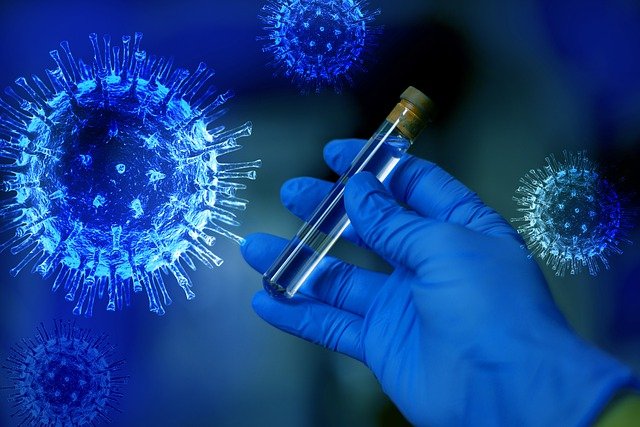Dave Highbloom Discusses Travel After COVID Vaccination – Factors to Consider
COVID-19 vaccinations are being distributed daily, and reports from many states demonstrate the number of people receiving vaccinations is increasing. The vaccine will instantly boost people’s confidence to return to everyday life, including moving forward with summer and fall travel plans. Dave Highbloom, an avid traveler, adventurer, and thrill seeker, points out that even with two of the three vaccines having 94 and 95 percent efficacy against the virus, travelers should still exercise some level of caution until more information is available. Being immunized is essential, but there are still questions about infection levels and what we don’t know is if a vaccinated person can still transmit the disease to others.

Emory University infectious disease experts involved in monitoring both available vaccinations point out that the immunization process takes about three to four weeks, including the time between the two vaccine shots and an additional two weeks (at least) before the vaccine is fully effective. Highbloom says people should keep these timetables in mind as they make travel plans. It is still unclear how long the vaccine lasts, and people will likely need to vaccinate more than once per year until more is known about the disease and the vaccinations.
Highbloom suggests that if you decide to travel after being vaccinated (and waiting the appropriate time to ensure full protection), you should continue to practice safety protocols. Wearing a mask, frequently washing your hands, and social distancing from other travelers as much as possible are still active advisories from health officials. Highbloom also points out that travelers need to consider how people will travel. Driving your car (or rental) is the safest option for obvious reasons. Planes are reportedly safe but are mindful of crowded areas at airports.
Lastly, it is essential to consider where you are traveling. It is wise to stay up to date with the CDC’s Travelers’ Health website and check the situation in your selected destination. Domestically, there are still travel bans in place for both statewide and city-level travel. International travel will likely have tighter restrictions depending on the country and the country of origin of the traveler. Highbloom says that each traveler should remain vigilant and make responsible decisions for themselves and others within the community.
Until the COVID virus is contained, it is each person’s responsibility to wear masks, social distance, and wash hands regularly, with or without the vaccine.
Boris Dzhingarov graduated UNWE with a major in marketing. He is the founder of ESBO ltd a brand mentioning company. He is also passionate about meditation and healthy living. You can find articles on such topics at his spiritual blog Dzhingarov.com.
